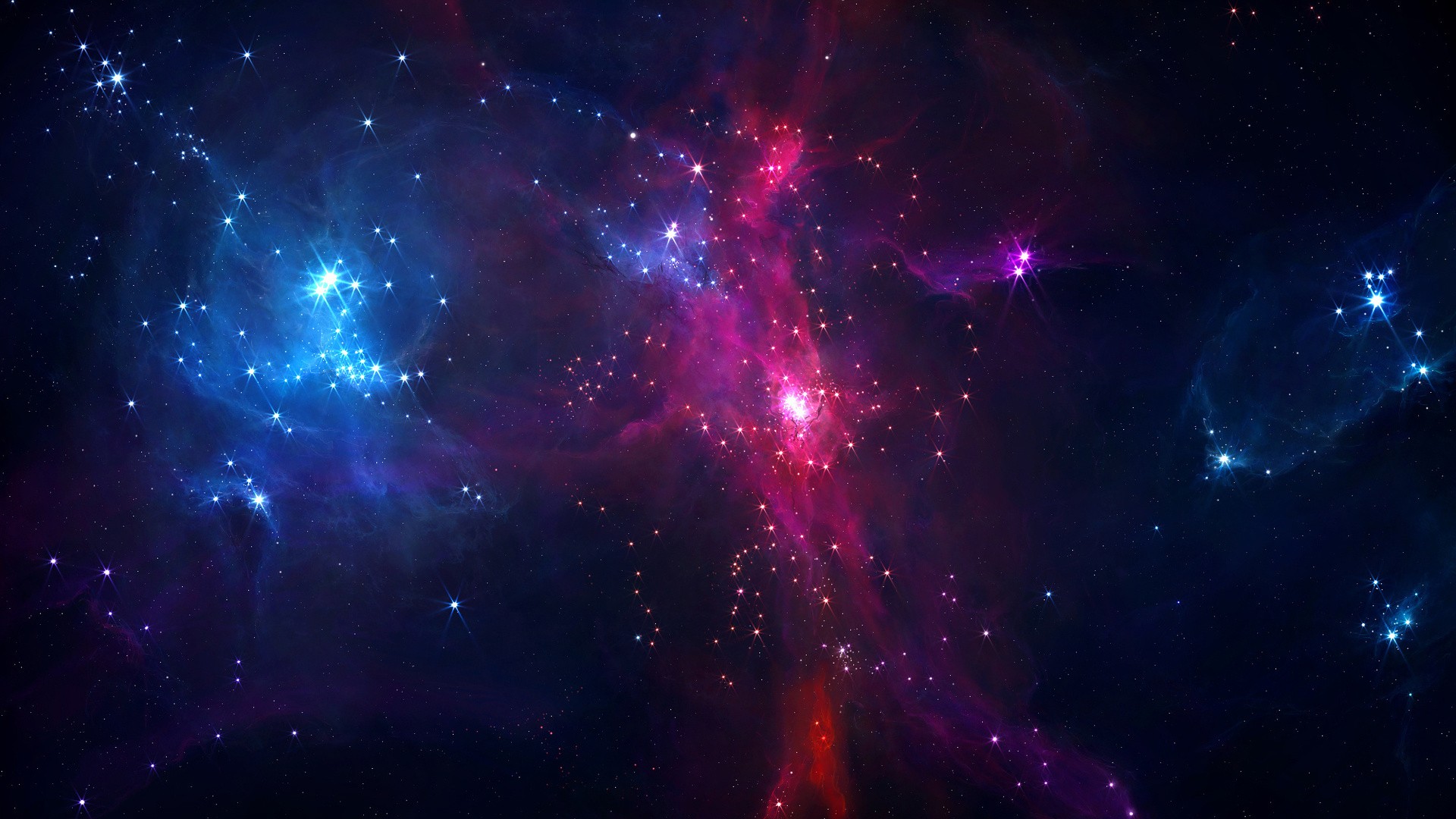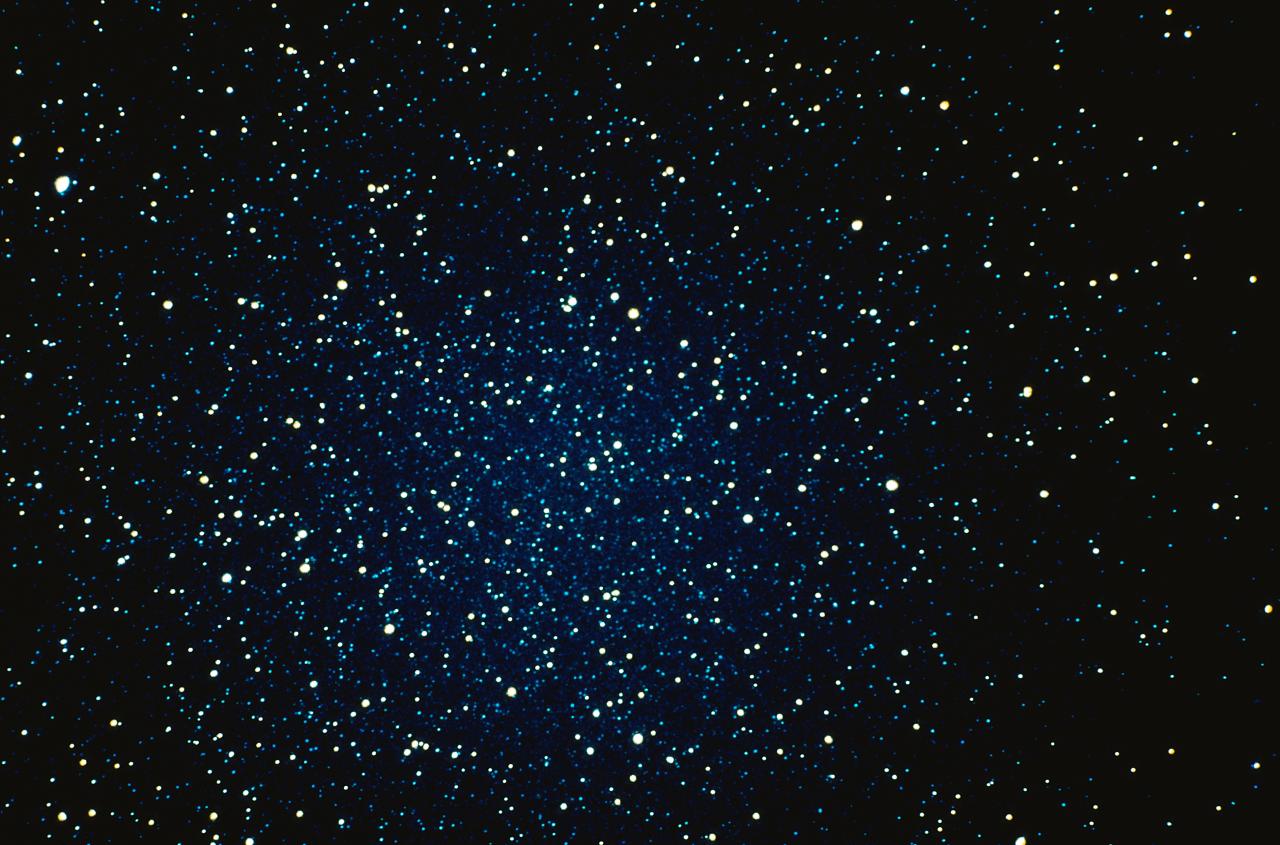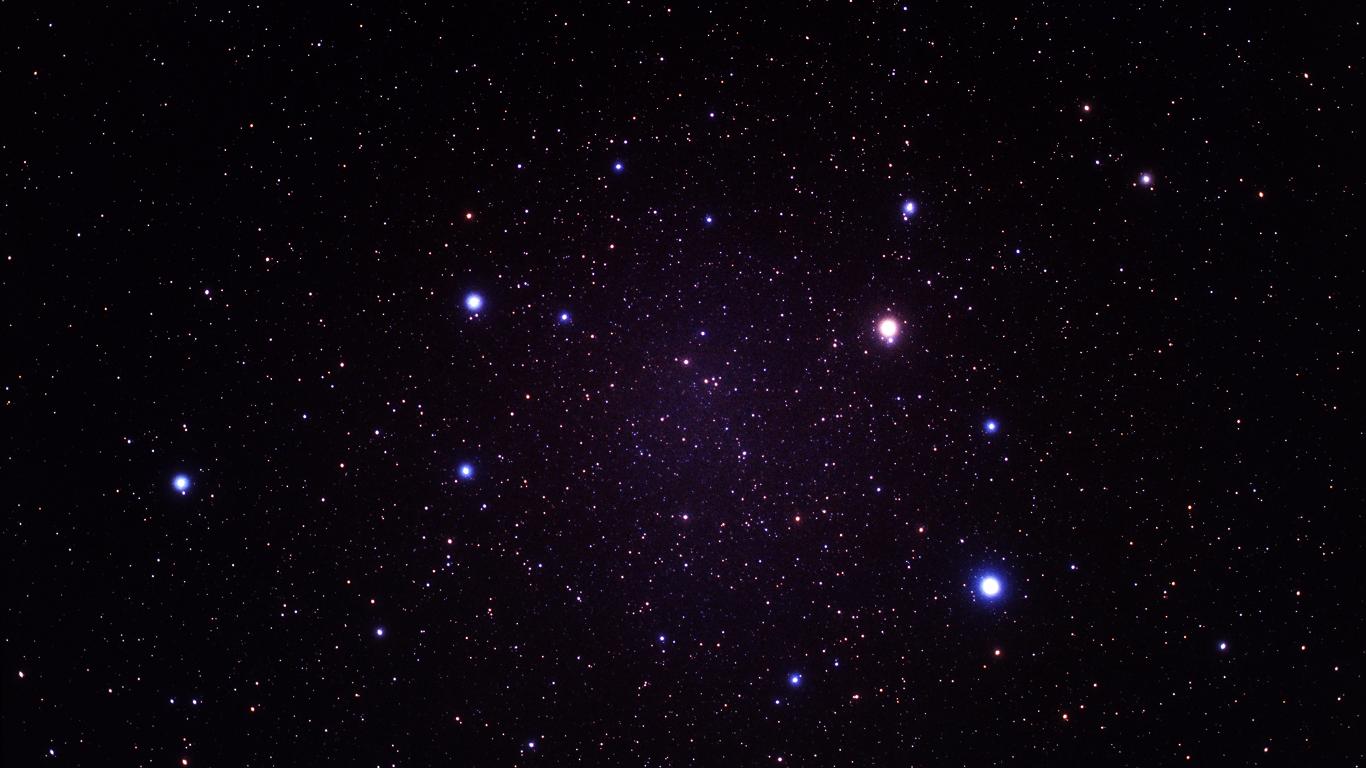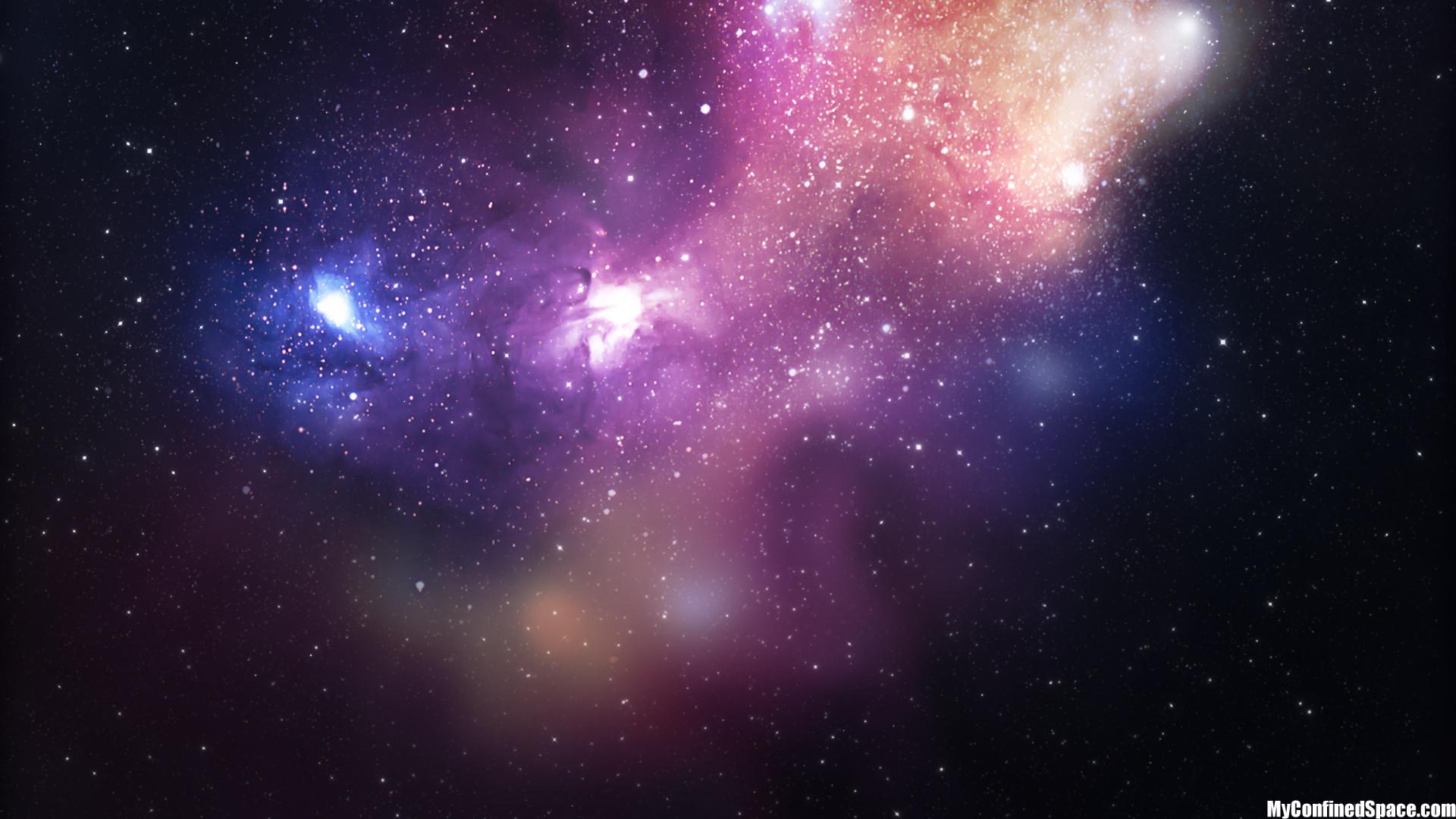
For the first time, astronomers have analyzed the atmosphere of an exoplanet in the class known as super-Earths. Using data gathered with the Hubble Space Telescope and new analysis techniques, the exoplanet 55 Cancri e is revealed to have a dry atmosphere without any indications of water vapor.
A new research has suggested that Planets Similar to Earth Have Identical Interiors.

Researchers have found signs of two new exoplanets that are roughly twice the mass of Jupiter, orbiting a 1.6-billion-year-old evolved star called HD 47366, that lies 260 light-years from Earth.

Astronomers have found the largest known solar system, linking together a star and what was thought to be a free-floating 'lonely planet' in orbit some 1 trillion (1 million million) kilometres away from its sun.

Are there Earth-like planets in a neighboring star system? A new campaign called “Pale Red Dot” aims to show the public in real-time how to push astronomy to its limits to possibly find out.

Kepler has now discovered more than 100 confirmed alien planets during its second-chance K2 mission, researchers announced today (Jan. 5) here at the 227th Meeting of the American Astronomical Society (AAS).

This was a golden year for planetary exploration thanks to all of the NASA and European Space Agency missions that were planned and implemented decades ago. Not since Apollo and the epic space race of the Cold War has space featured so heavily in the public eye.
The astronomers who found it think the planet is rocky and resides within the habitable zone -- close enough to its host star to host liquid water.

For the first time, astronomers have directly observed a planet in the making.

There is a peculiar system 1,600 light-years from our solar system. It is composed of two brown dwarfs, massive objects too big to be planets and too small to fuse hydrogen and become stars. But that is not the strange part: Scientists have now discovered a Venus-sized planet around the smaller brown dwarf.

Astronomers have found a rocky planet orbiting a small star that is within easy telescope views from Earth.

Humans may feel small when contemplating the universe, but astronomers are closer than ever to at least making us feel a little less lonely thanks to a new method of measuring planetary habitability and advances in telescope technology.

The James Webb Space Telescope (JWST), as the largest space-based astronomical observatory with near- and mid-infrared instrumentation, will elucidate many mysterious aspects of comets.

Some 300 hot Jupiters have been identified over the past two decades, and this is the first time any close-in planets were discovered.

The new field of exoplanet science has progressed rapidly in the last two decades: Astronomers have now confirmed the existence of nearly 2,000 planets beyond our own solar system.